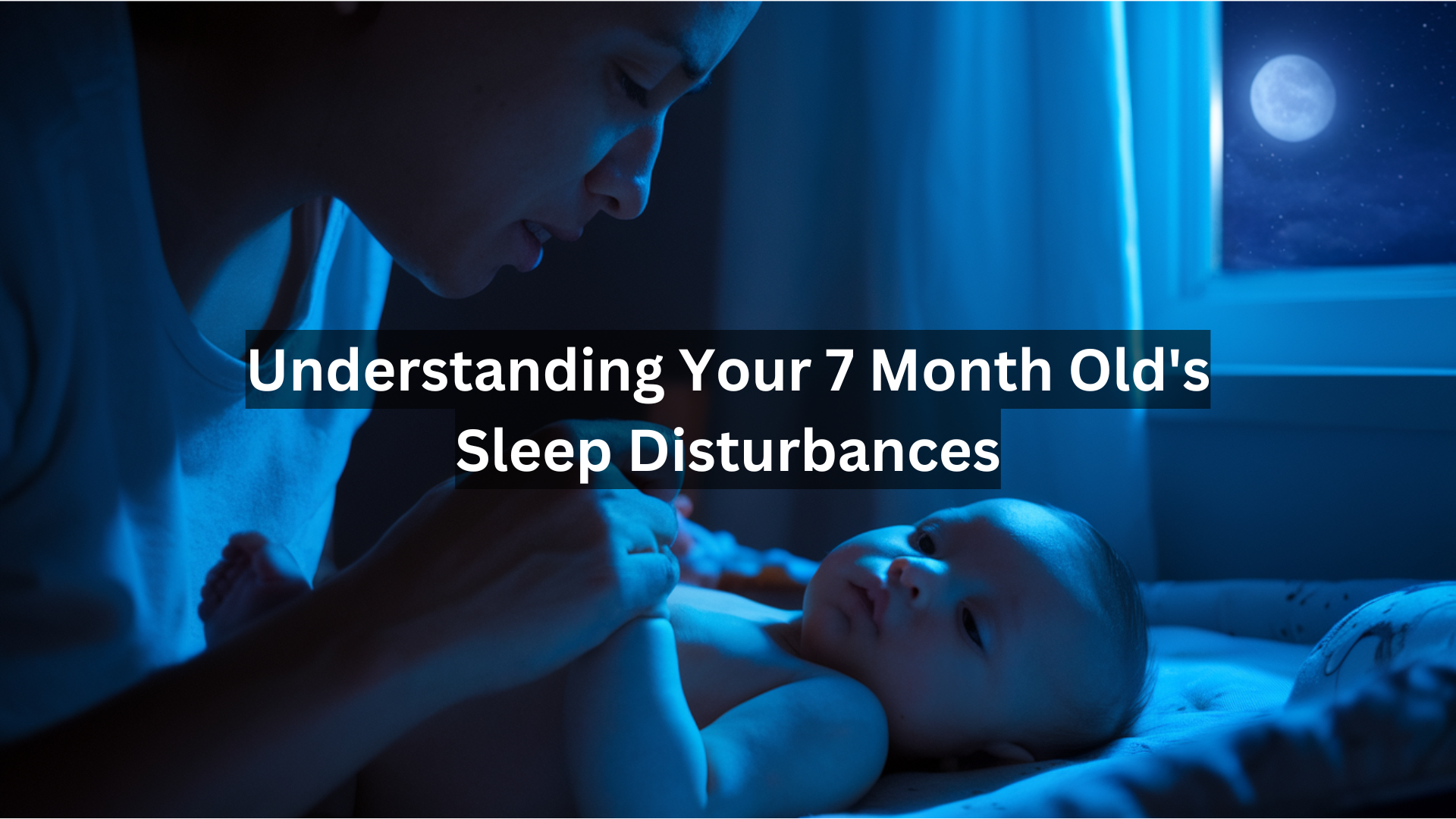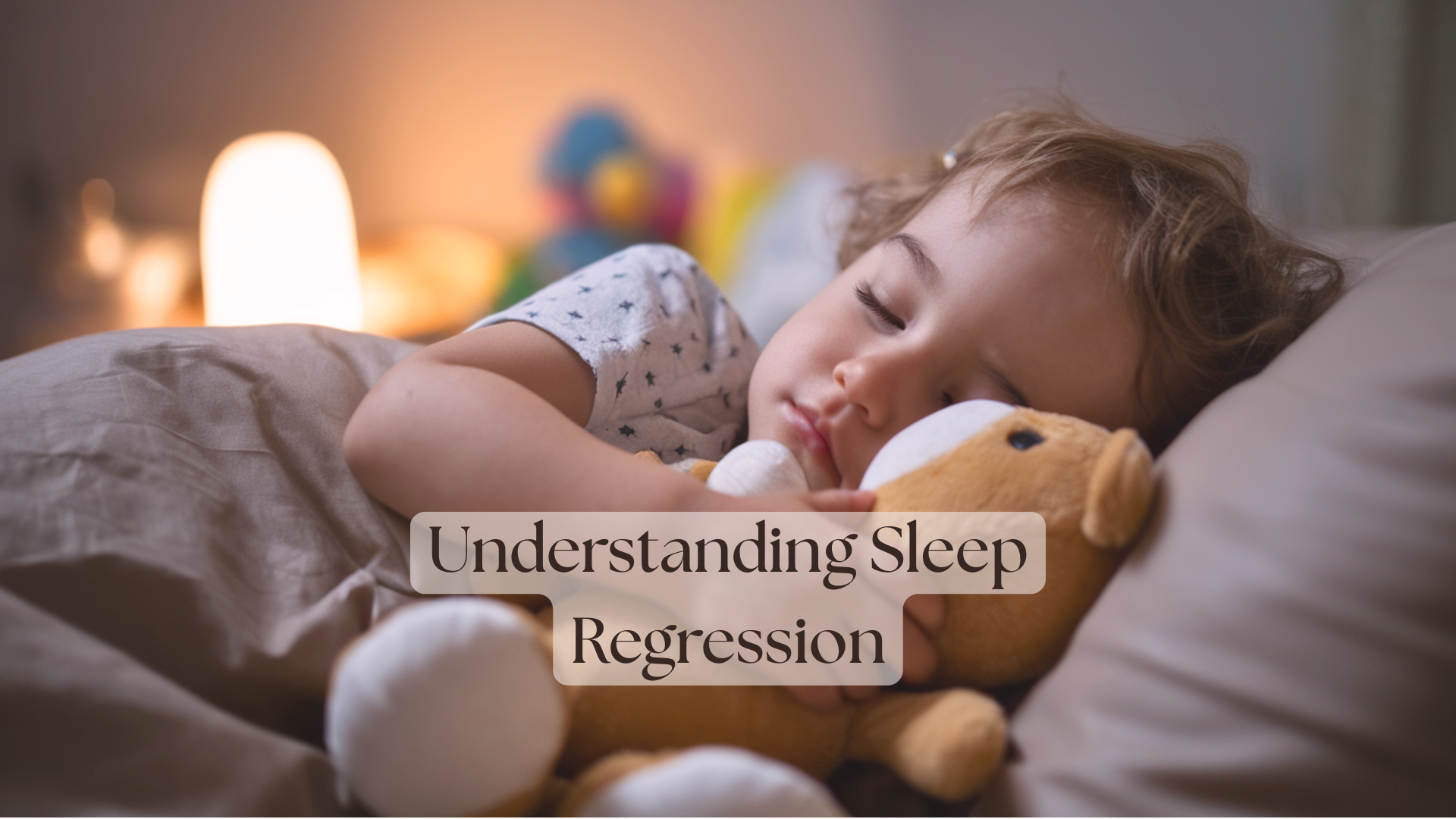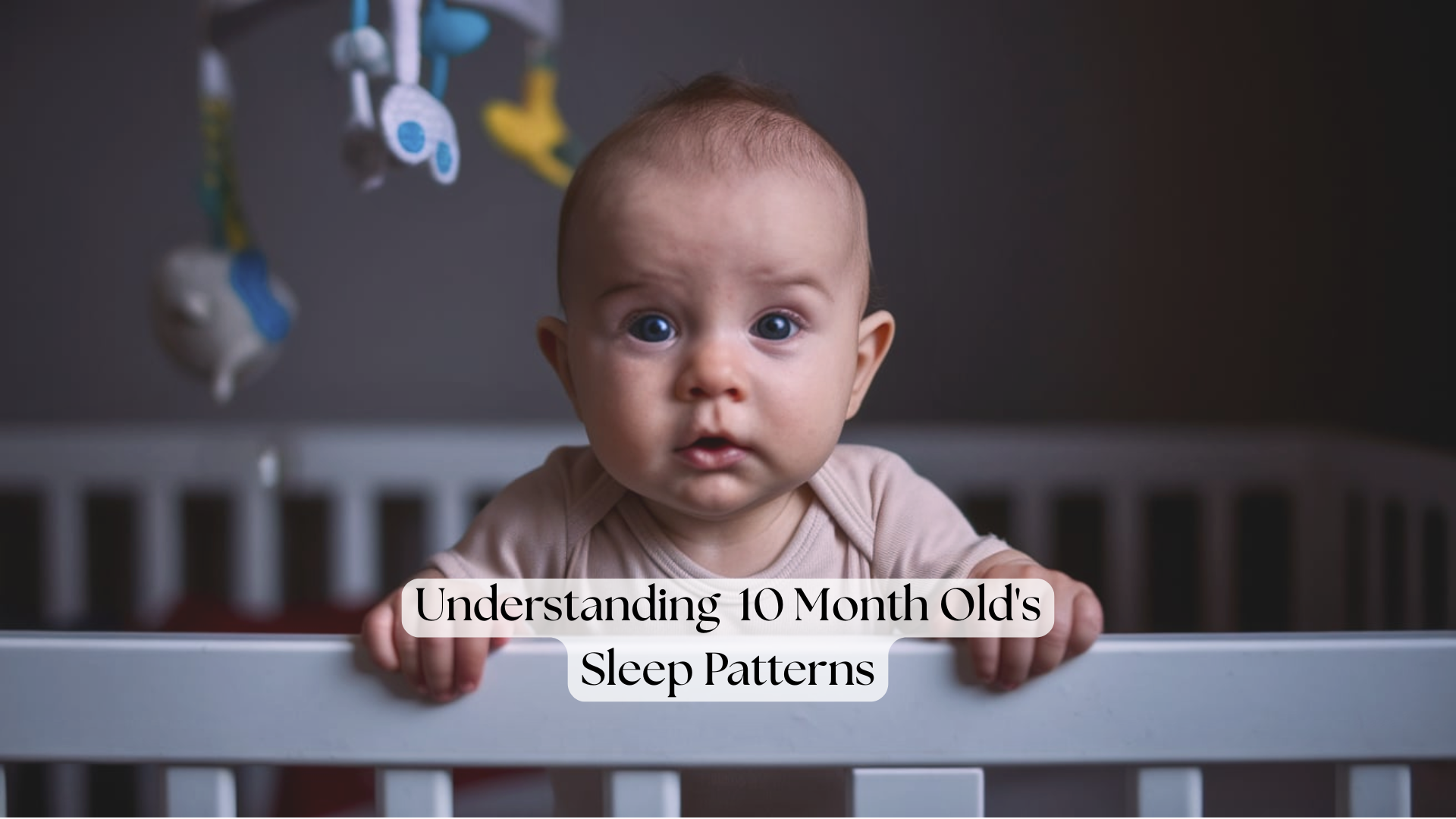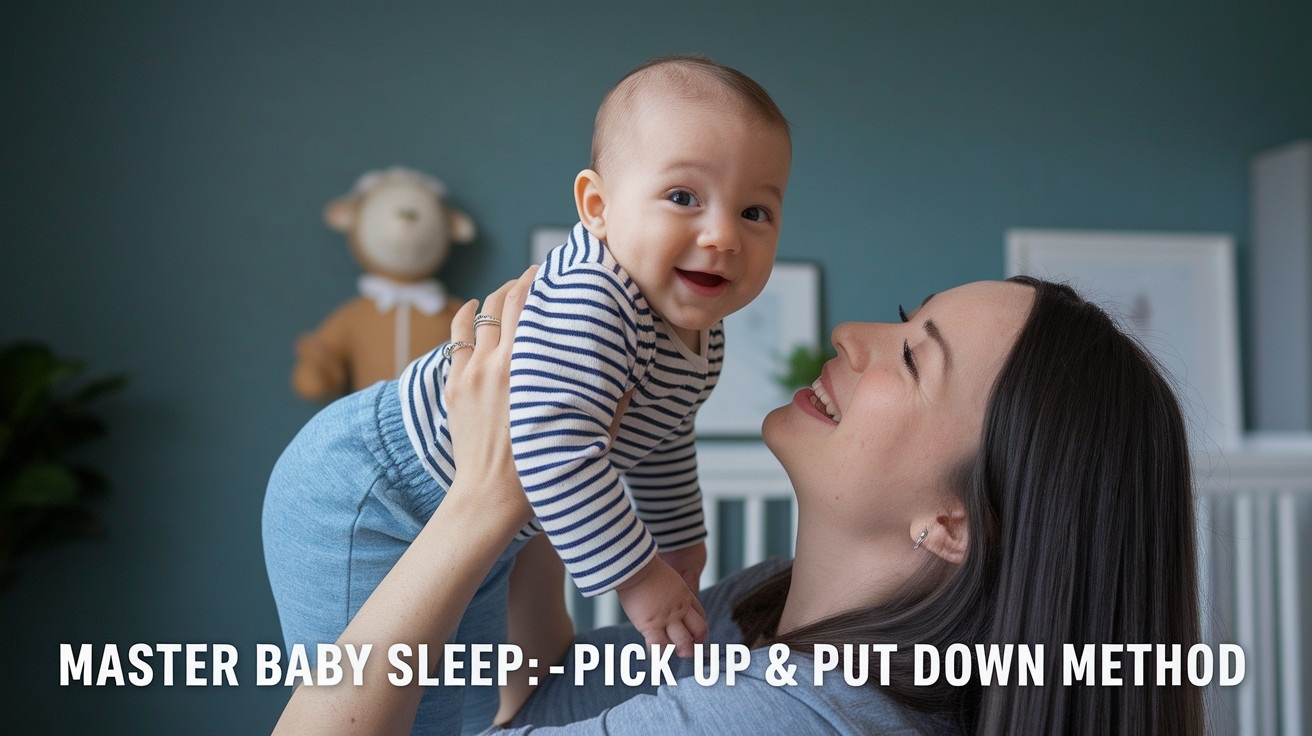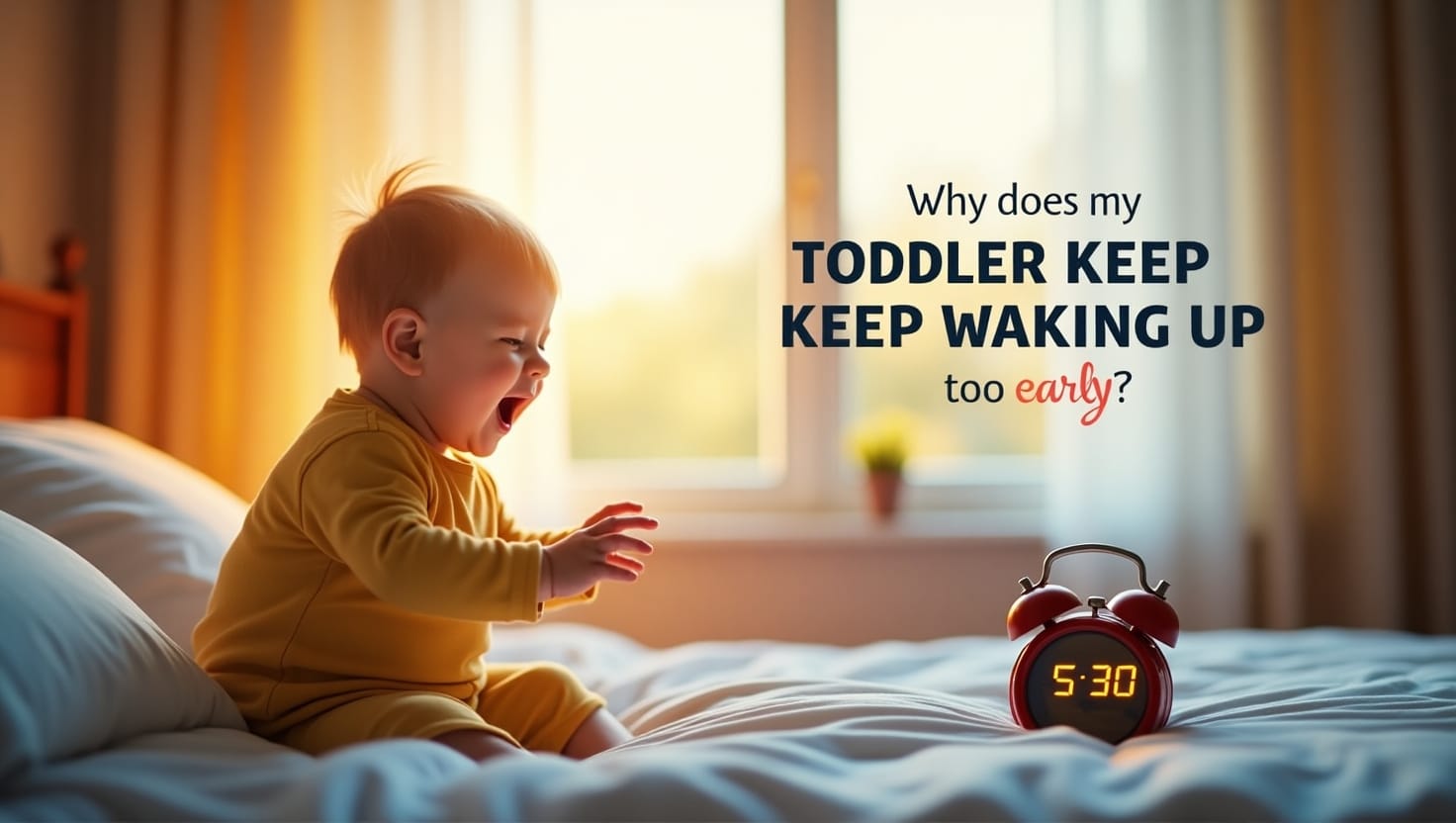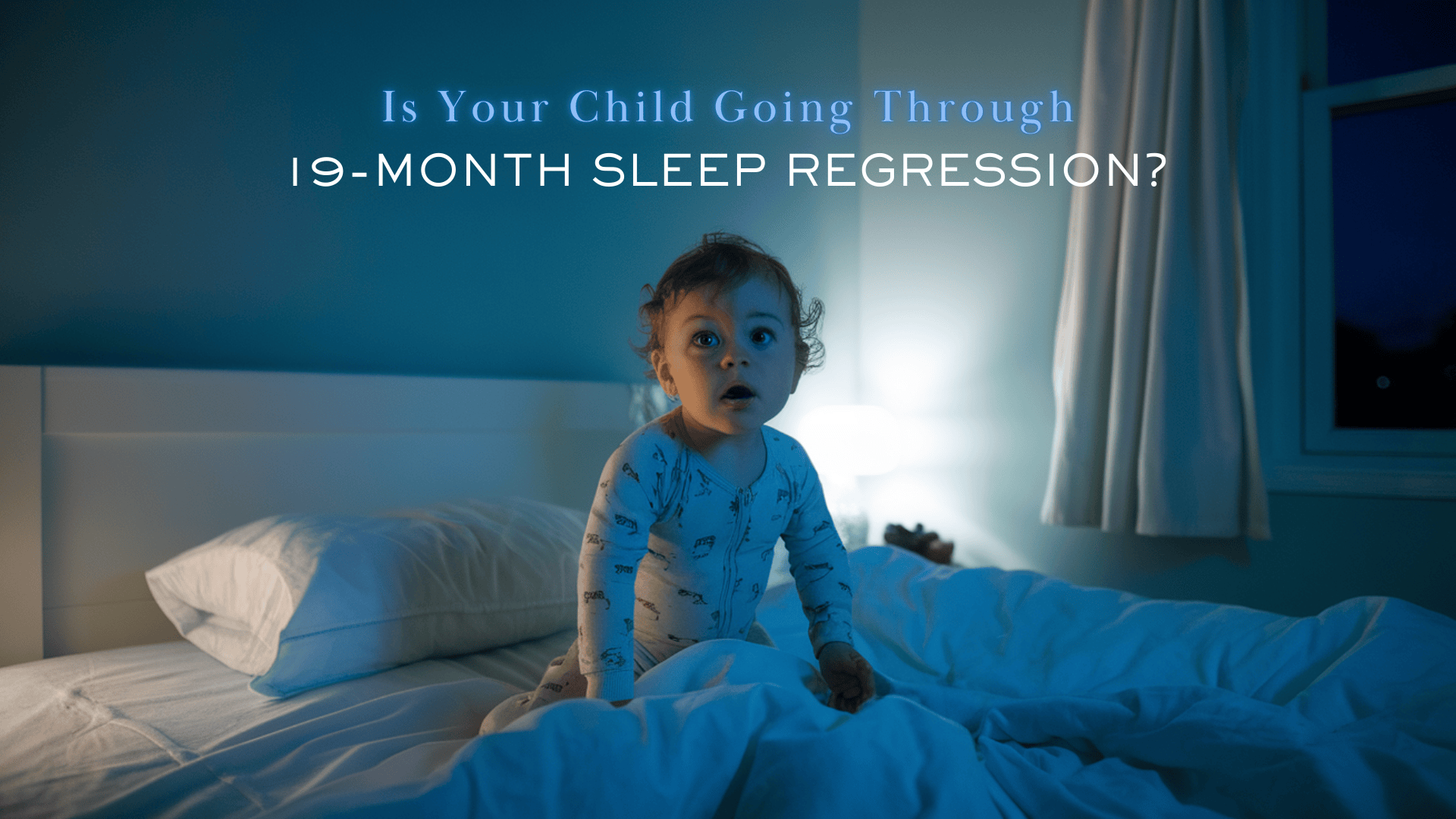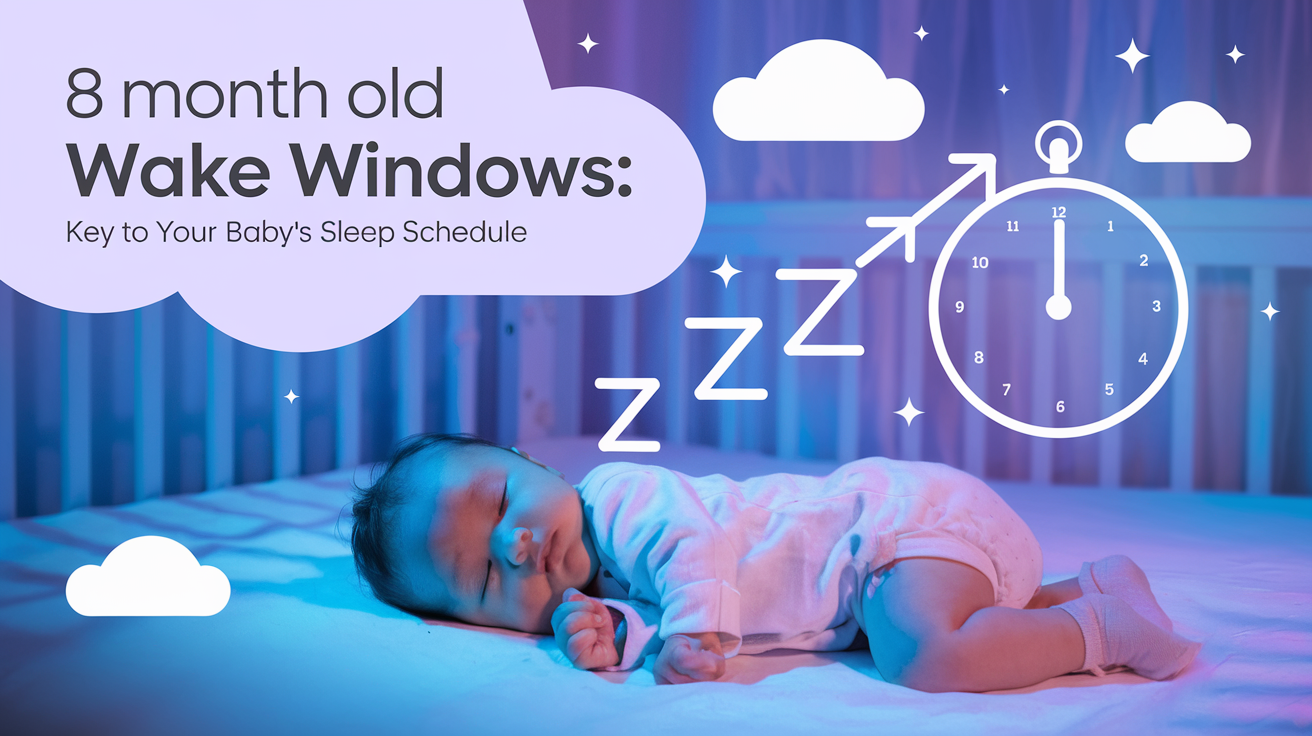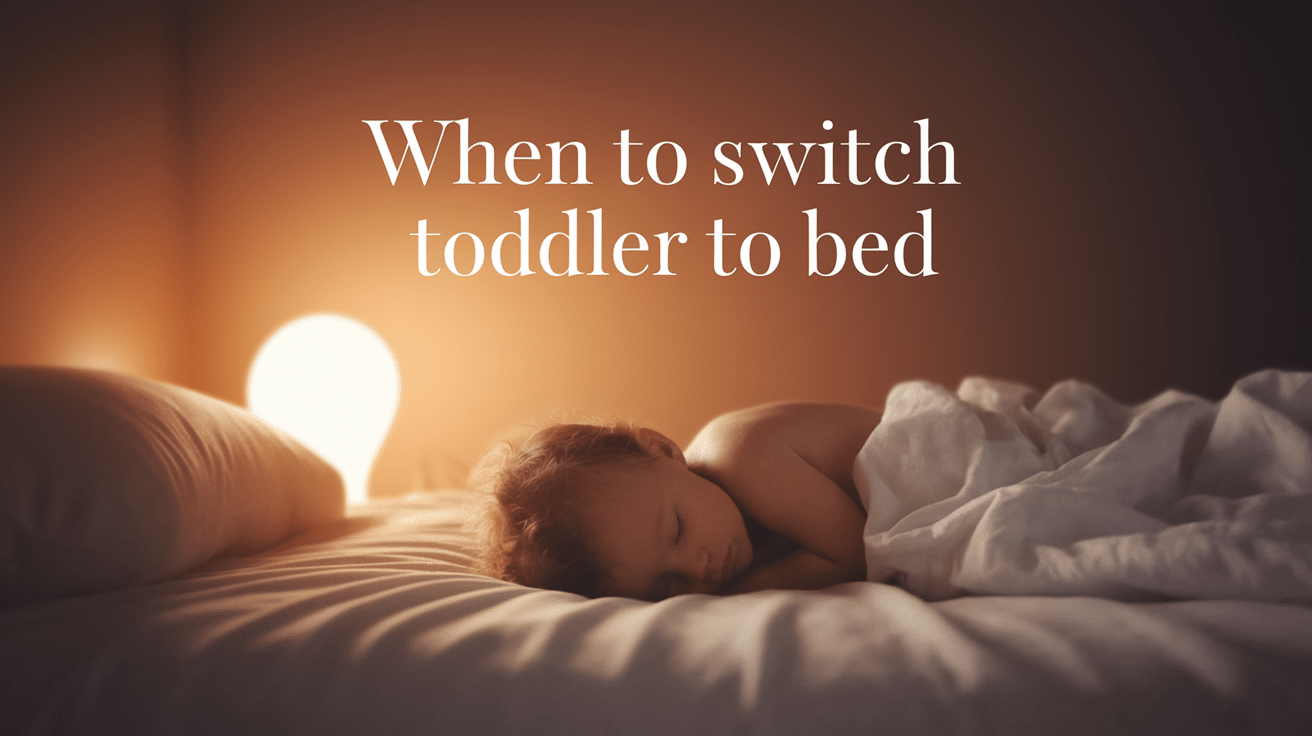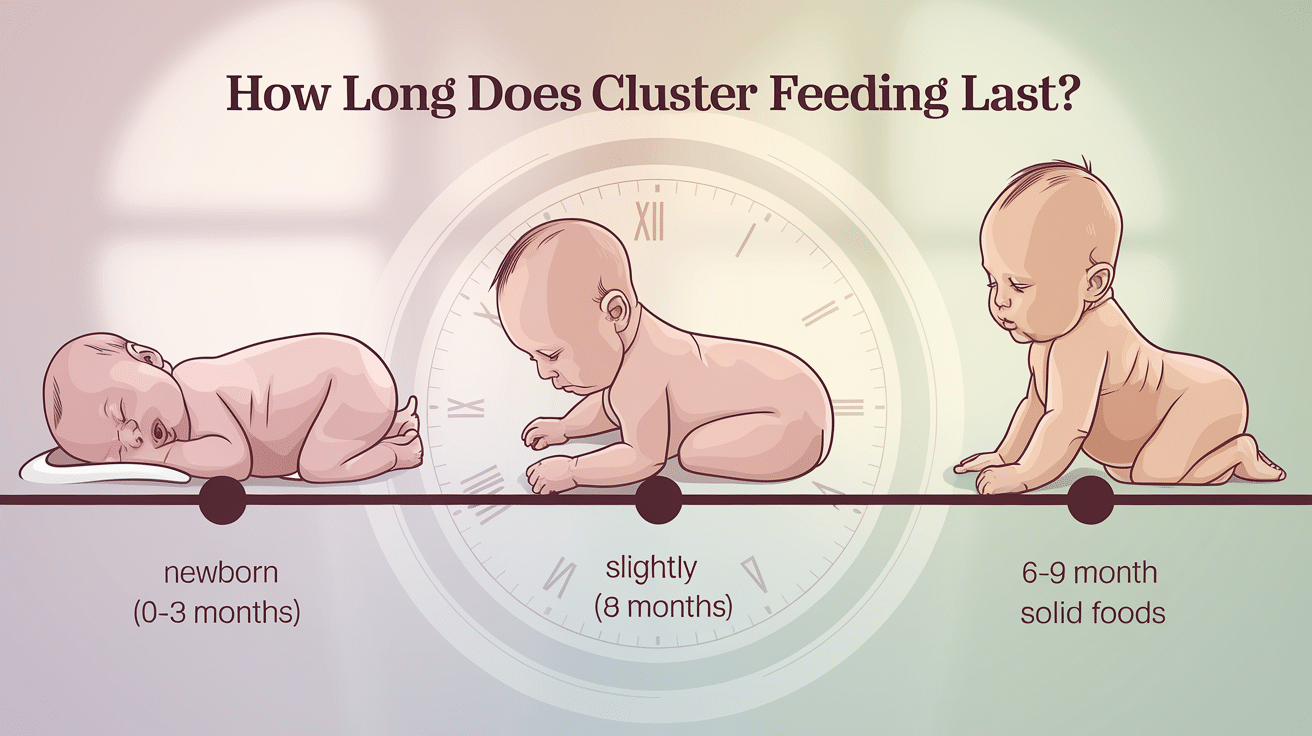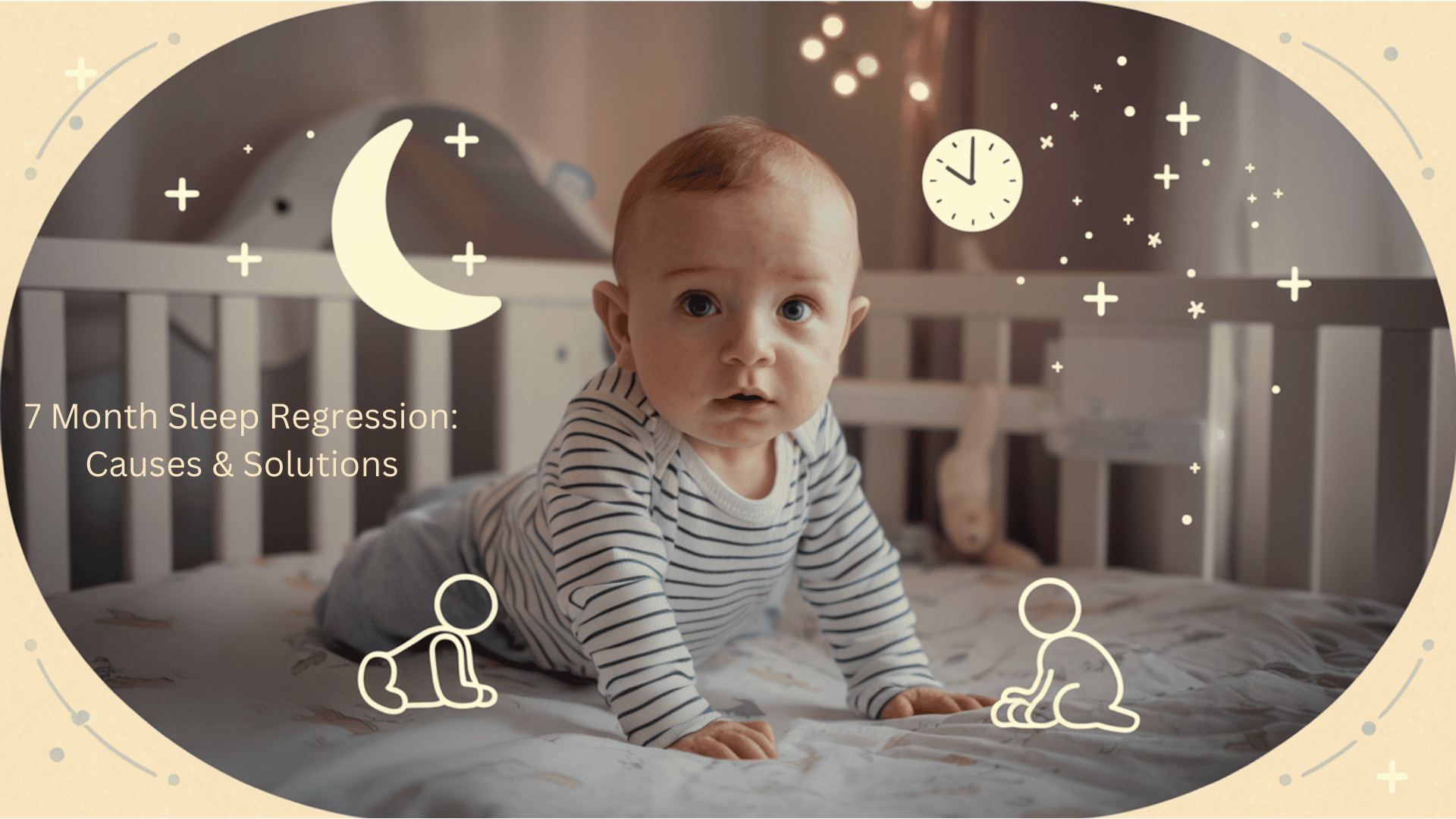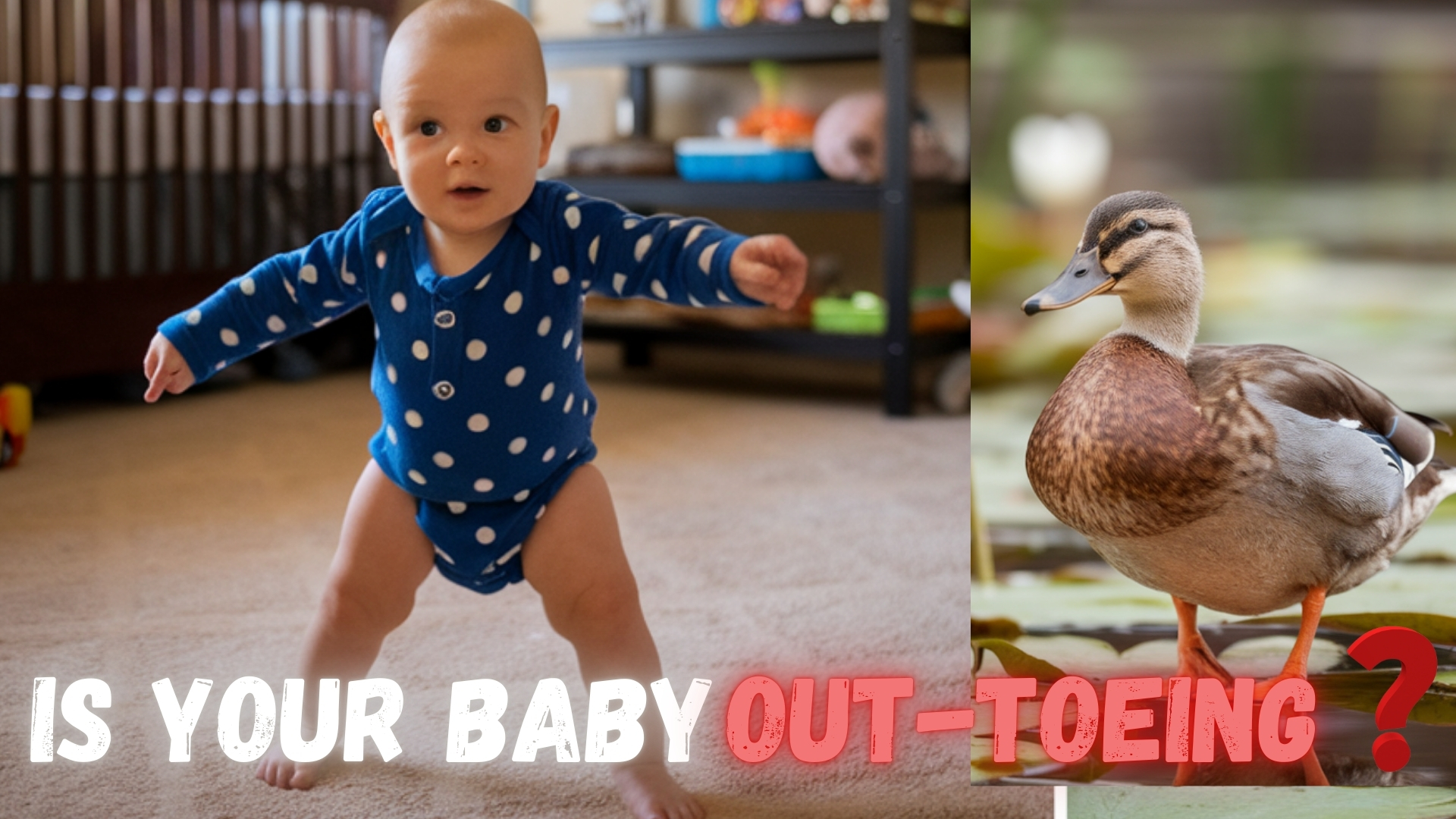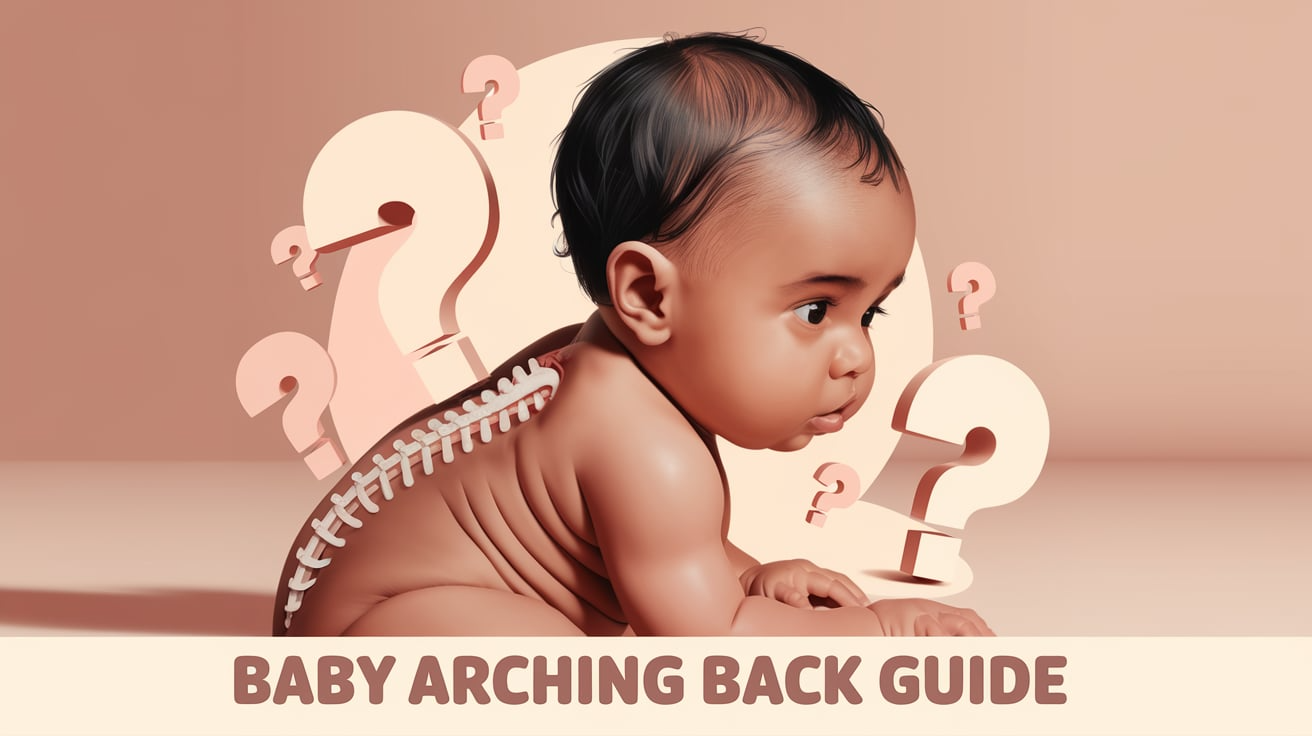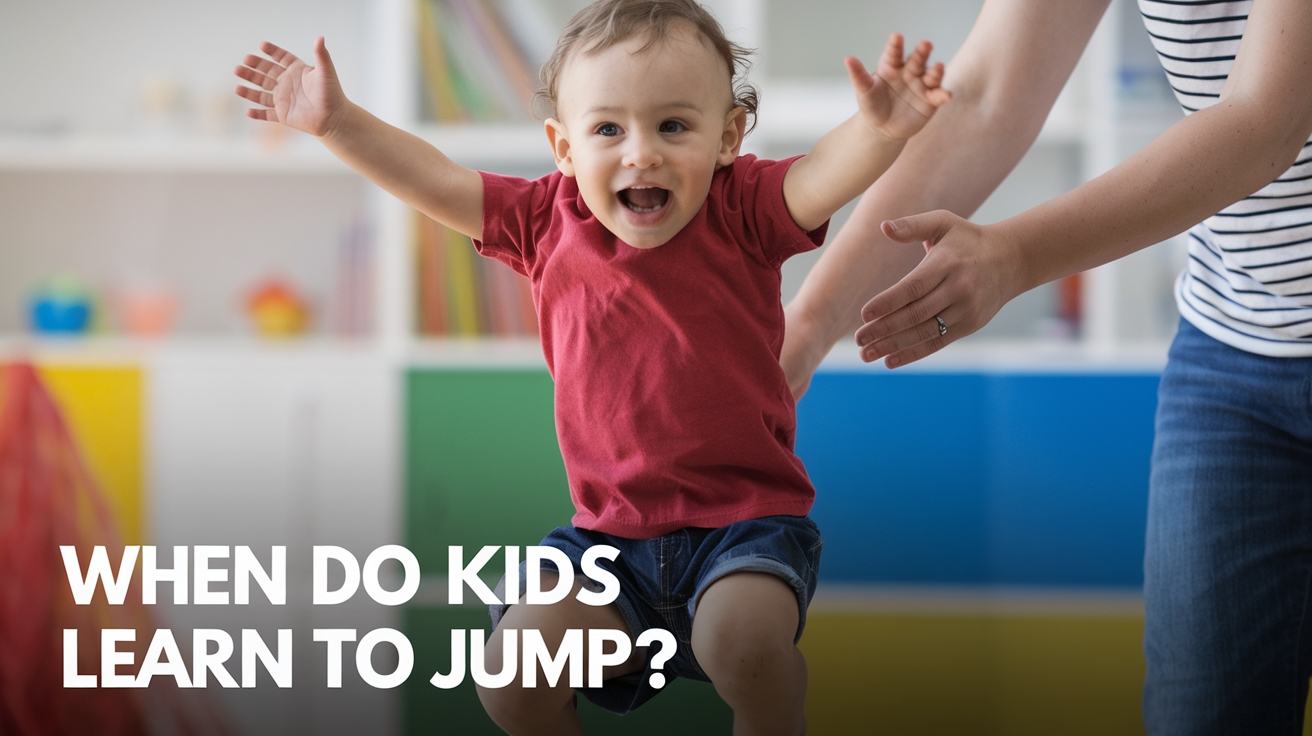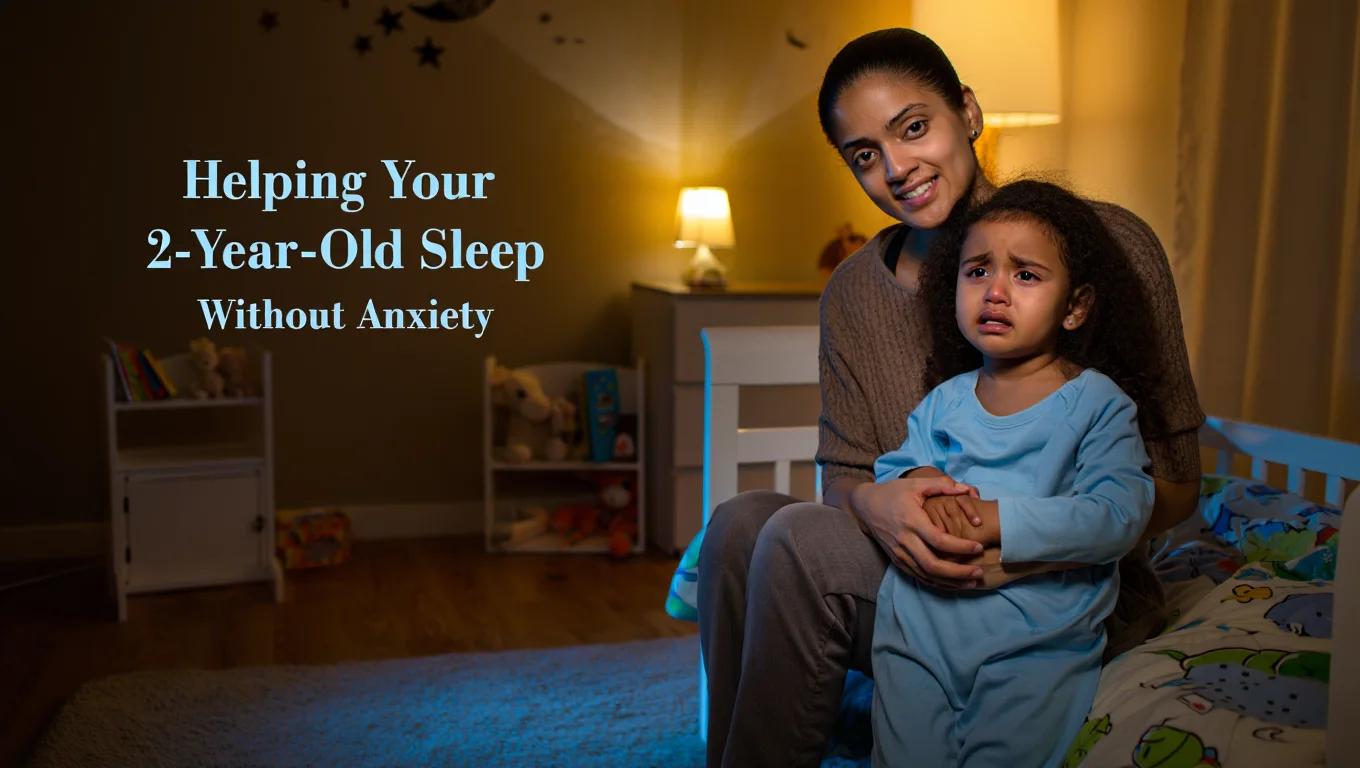
Hello, tired moms! Bedtime with a clingy 2-year-old can turn nights into marathons of tears and “one more hug” requests. You’re not alone in this struggle.
This guide will help you understand why your little one suddenly fears bedtime separation.
We’ll explain what’s happening in your toddler’s developing brain, why this phase occurs around age two, and, most importantly, simple practical ways to make nights easier for both of you.
The tips ahead are simple to try, even when you’re exhausted. You won’t need fancy gadgets or complicated routines – just straightforward approaches that work for real families.
Let’s turn those difficult bedtimes into peaceful, goodnight moments that everyone can feel good about.
What Is Separation Anxiety at Night?
Separation anxiety at night happens when a 2-year-old feels upset or scared at bedtime or during the night because their mom isn’t there. This is completely normal behavior for toddlers.
Many 2-year-olds cry when left alone in their rooms or wake up in the middle of the night wanting their parents nearby. When your toddler gets upset at bedtime, it actually shows how much they loves and trusts you.
Even though it can make sleep difficult for everyone, this anxiety is a healthy sign of the strong bond between parent and child. Toddlers are still learning that when mom leaves the room, she will always come back.
Their protests at bedtime or nighttime wake-ups are their way of making sure their most important person stays close by.
Why Does It Happen to 2-Year-Olds?

Two-year-olds experience separation anxiety because they’re developing awareness of themselves as separate from their caregivers. They’re learning about object permanence but don’t fully grasp time concepts yet.
- At age 2, children can notice when someone leaves the room but don’t understand when that person will come back.
- Big life changes can trigger increased anxiety—switching to a toddler bed, welcoming a new baby brother or sister, or starting daycare.
- Rapid development of independence and new skills often leads to more clinginess at bedtime as toddlers process these changes.
- Imagination is developing, which can create fears about being alone in the dark.
Signs Your 2-Year-Old Has Nighttime Separation Anxiety
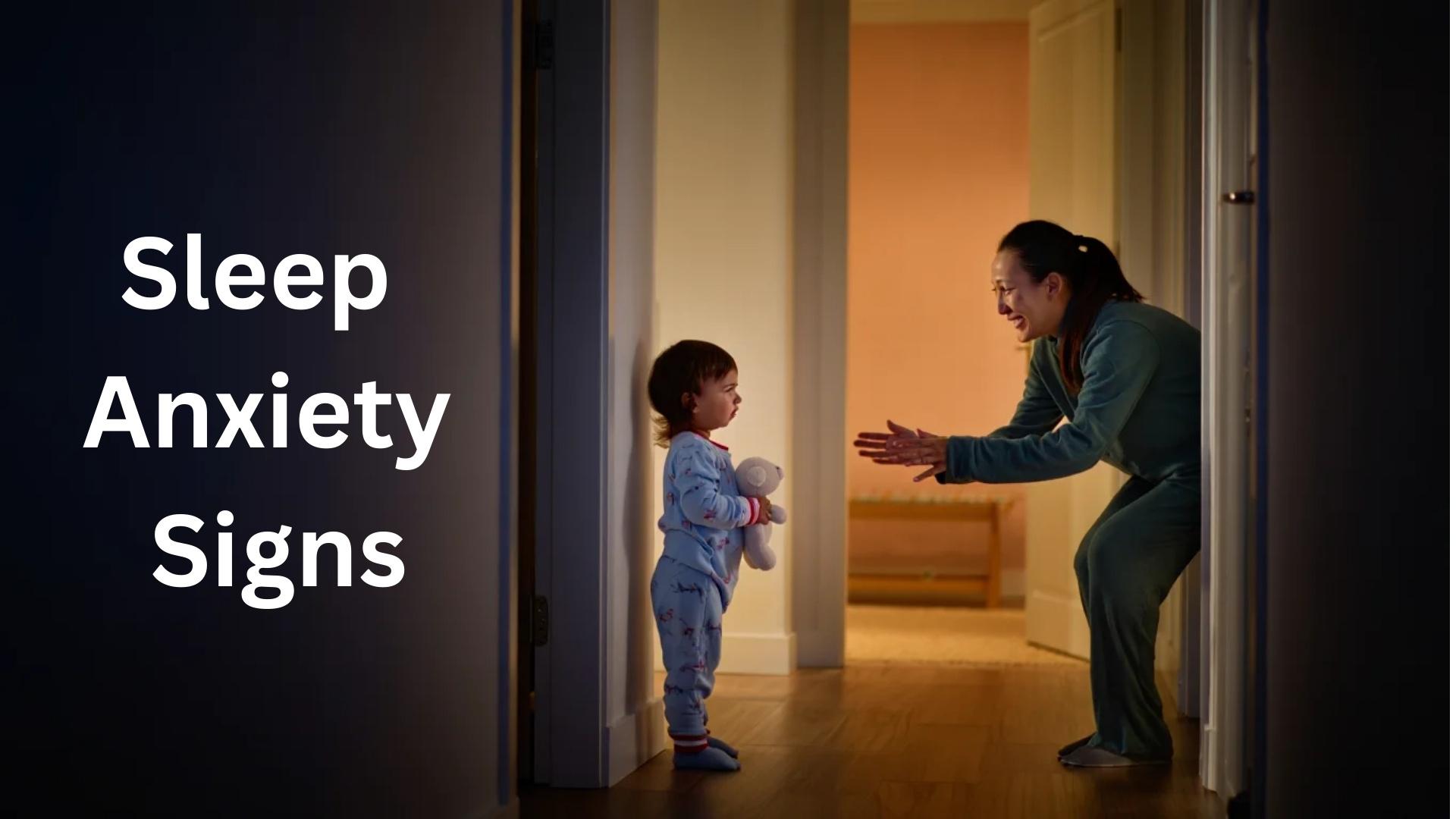
Nighttime separation anxiety is common in toddlers around age two. Parents may notice several behaviors that signal their child is struggling when it’s time to be apart at bedtime. Here are some signs:
- Crying or becoming upset when bedtime approaches
- Repeatedly waking up during the night and calling for parents
- Refusing to stay in their own bed alone
- Following mom or dad back to their room after being tucked in
- Clinging tightly when being put down to sleep
- Having nightmares or showing signs of fear at night
Top Reasons It Gets Worse at Night
Bedtime creates the longest separation from mom, which can feel scary for a toddler who depends on parents for safety. When children are overtired or miss a nap, they often have stronger anxiety reactions.
The darkness of night, combined with new imaginary fears like monsters under the bed, can make these feelings even more intense for little ones.
Is It Normal?
Yes, separation anxiety at night is completely normal for 2-year-olds and is actually a healthy sign of attachment to parents.
Most toddlers go through this phase as they develop an understanding that mom exists even when not visible.
It will gradually go away. If you feel concerned about your little one, you can opt a visit with your pediatric.
Simple Solutions to Help Your 2-Year-Old Sleep Better
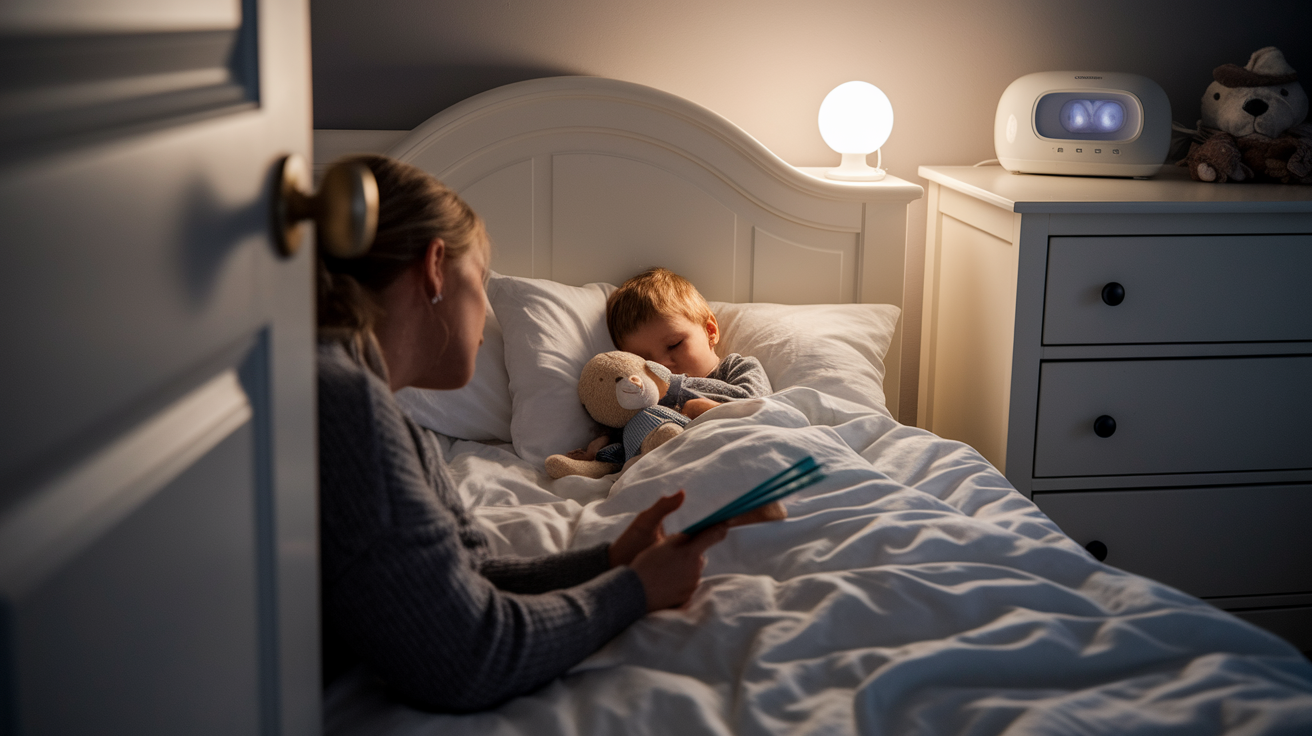
Bedtime can be tough when your little one doesn’t want you to leave. These simple tricks can help make nights easier for both of you.
- Set up a steady bedtime routine with a story and a goodnight hug every night
- Offer a special “lovey” (like a stuffed toy or blanket) that’s safe for your 2-year-old to sleep with
- Give extra cuddles and hugs during the day to build security
- Talk often about how you always come back after leaving
- Use a soft night light to keep the room from being too dark
- Leave the bedroom door cracked open so your child knows you’re nearby
- Try a sound machine with gentle sounds to create a soothing sleep space
With patience and these gentle approaches, your 2-year-old will feel safer at night and learn to sleep more peacefully.
When Should You Expect Improvement?
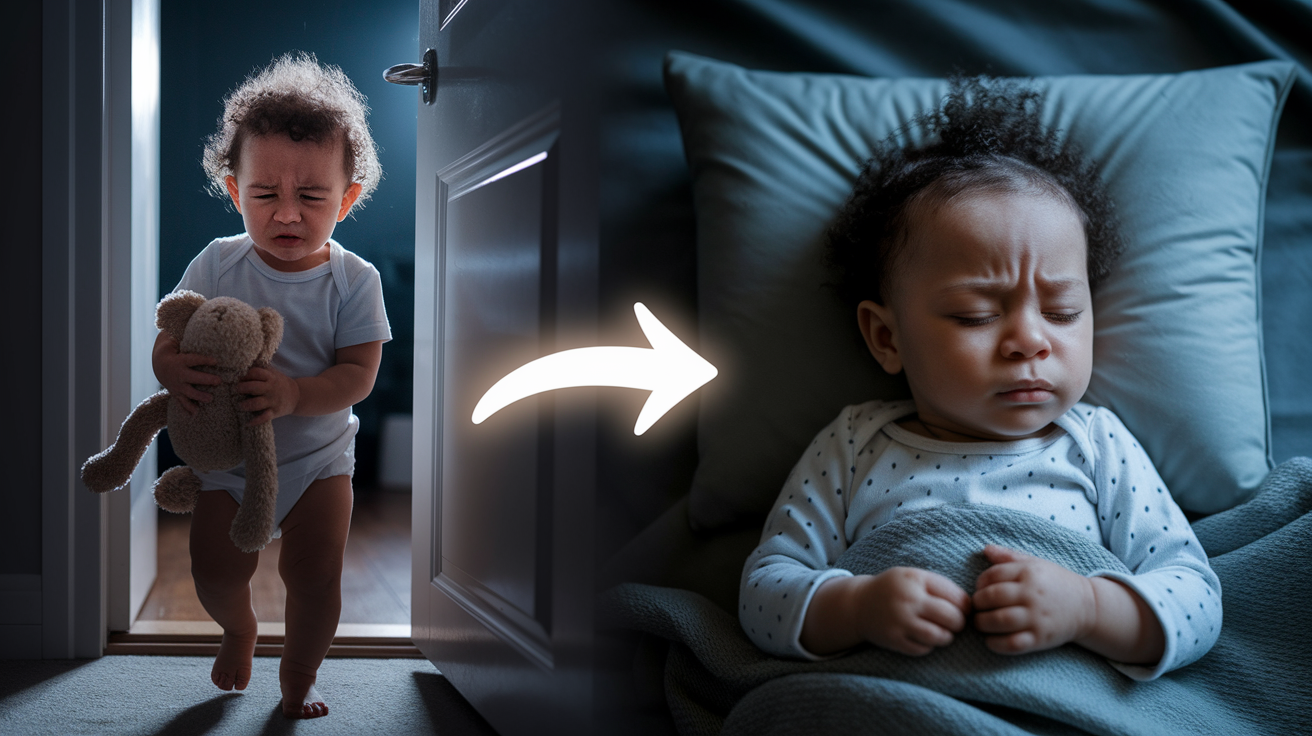
Separation anxiety at night typically begins to fade as children grow older.
Most toddlers show noticeable improvement by age 3 or 4 as they develop a better understanding that parents still exist even when out of sight.
Following the bedtime solutions consistently can help speed up this process. Some children may show improvement within a few weeks, while others might take several months to adjust fully to sleeping independently.
Remember that each child grows and develops at their own unique pace. What works quickly for one toddler might take longer for another.
The key is patience and consistency with the bedtime routine.
Should You Consider a Pediatrician?

Talking to a pediatrician about your 2-year-old’s separation anxiety at night is often helpful but not always necessary. Most nighttime fears and crying spells are normal parts of toddler development.
A doctor visit becomes important when:
- Sleep problems last several weeks without improvement
- Your child seems unusually afraid or has panic attacks
- Daytime behavior changes dramatically
- Your child has physical symptoms like vomiting from anxiety
- You notice signs of illness along with the anxiety
For most families, bringing up separation anxiety during regular checkups is enough. Your pediatrician can suggest helpful strategies and rule out any health concerns.
They can also tell the difference between normal toddler behavior and something that needs more attention.
Remember that pediatricians have seen hundreds of toddlers with similar issues and can offer practical advice.
How to Stay Calm as a Mom?
Dealing with a toddler’s nighttime anxiety can test any mom’s patience. When those bedtime struggles feel overwhelming, taking a few deep breaths can make a big difference.
Stepping away for a quick 5-minute break can help reset your emotions when you’re at your limit.
Talking with other moms who’ve experienced similar challenges provides emotional support and practical ideas. Remember that you’re not alone in these struggles—many parents face the same bedtime battles.
Your calm presence matters more than you might realize. When you stay relaxed, your 2-year-old feels safer and more secure. Children can sense tension, so your peaceful energy helps them settle down faster.
With patience and consistency, these challenging nights will eventually pass as your toddler grows more independent.
Final Notes
Remember, separation anxiety won’t last forever! Most children grow through this phase naturally as they develop more independence. The toddler years are challenging, but each small step makes nights easier for both the mom and child.
Try these simple tips when bedtime feels hard. Start with a calm routine, use comfort objects, practice short daytime separations, and stay patient with gradual progress.
What works for one family might not work for another, so find what helps your little one feel safe.
You’re doing an amazing job during this tough stage. Your steady love and support help your child learn they can sleep well even when mom isn’t right there.
If you are interested in early mothering content, feel free to check our website for more informative content.
Frequently Asked Questions (FAQs)
Should I Stay in The Room until My Toddler Falls Asleep?
It can be helpful in the short term, but gradually reducing your presence can help teach your child to self-soothe and fall asleep independently.
Is Nighttime Separation Anxiety Normal at Age Two?
Yes, it’s very normal. Many toddlers experience this phase as part of their emotional and social development.
Can Sleep Training Help with Separation Anxiety at Night?
Yes, gentle sleep training methods can be effective if done with reassurance and consistency, but avoid harsh “cry-it-out” techniques during high-anxiety phases.





